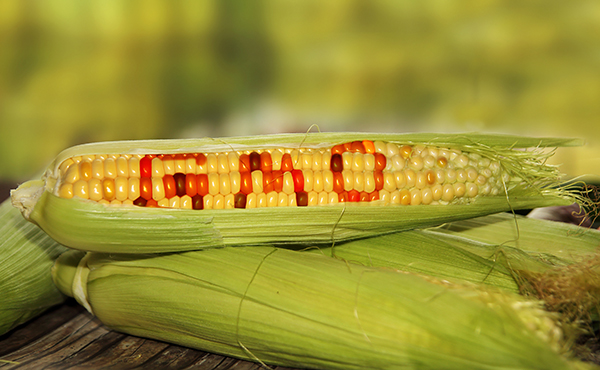
Not only is there a higher risk of contracting bugs like MRSA (methicillin-resistant Staphylococcus aureus) out in the great unknown, but the human body also apparently has a tougher time fighting them off once they've developed, new research suggests.
Perpetual lack of sleep, combined with having to live in radiation-saturated microgravity chambers, makes astronauts far more susceptible to disease, in other words – and scientists aren't really sure what to do about it, just yet.
"With astronauts venturing to the moon and Mars more in the future, scientists are worried about how to keep them safe and healthy on such long haul trips under foreign environments," reports the UK's Daily Mail Online.
"It's a bigger challenge than usual to keep astronauts healthy onboard spacecraft if bugs develop antibiotic resistance, given no additional medical assistance can be offered."
Superbugs thrive better in space than they do on Earth
For their experiments, researchers from the University of Houston in Texas first treated harmless strains of E. coli with an antibiotic known as chloramphenicol. They then put this E. coli into a space-simulating environment, microgravity and all, to see what would happen.
After the bacteria multiplied over the course of 1,000 generations, the researchers observed that it had developed resistance not only to chloramphenicol, but also several other varieties of antibiotic. They then removed the initial antibiotic that caused the resistance to develop in order to test whether or not it would revert from superbug status, only to learn that the resistance persisted even after 100 subsequent generations.
What this all suggests is that space travelers, and especially those who go on longer, multi-year missions, face the very real threat of contracting a deadly infection for which there's no available treatment, let alone a nearby hospital to receive critical care if needed.
"When you're going to be in space for more than six months, bacteria are subject to several thousand generations of growth," says Madhan Tirumalai, one of the lead authors of a new study on deadly superbugs in space.
Space is a high-risk environment for microbial contamination
NASA is already well aware of the problem of space-based superbugs, as the government agency recently discovered five never-before-identified strains hiding aboard the International Space Station (ISS).
In another recent study, scientists from NASA's Jet Propulsion Laboratory found that not only do superbugs love the space environment, they also love to mutate there, triggering the formation of all sorts of novel superbugs that, like their predecessors, can't be cured with any known treatments.
It's exactly what the World Health Organization (WHO) has been warning about for years: the rise of deadly superbugs as a result of antibiotic overuse and misuse. Since hospitals and care facilities have essentially been handing out antibiotics like candy for many decades now, superbug proliferation is now completely off the charts – including in space.
"If we find resistance is higher in microgravity, we can do something, because we'll know the gene responsible for it, and be able to design countermeasures," says A.C. Matin, head a of project known as "E. coli Anti-Microbial Satellite" project, or EcAMSat, which is working on solutions to this growing problem.
"If we are serious about the exploration of space, we need to know how human vital systems are influenced by microgravity."
Sources for this article include:
Please contact us for more information.























